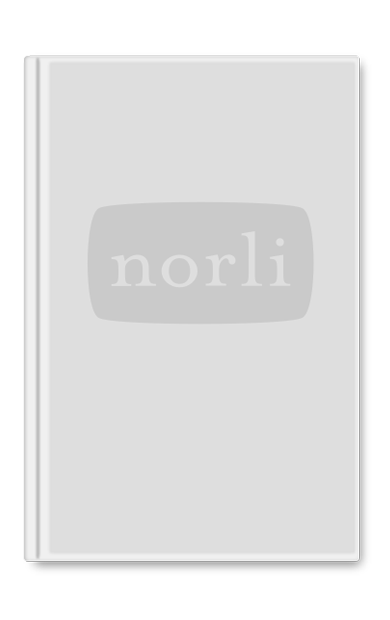Text creation in English teaching

- Format: Pocket
- Antall sider: 203
- Språk: Engelsk
- Forlag/Utgiver: Aschehoug
- Nivå: Voksen
- EAN: 9788215036137
- Kom i salg: 17. apr. 2023
- Utgivelsesår: 2023
- Bidragsyter: Skulstad, Aud Solbjørg (for)
- Utgave nr.: 1
- Emnekategori: Lærerutdanning, Undervisning i et spesifikt fag
439,-
How should writing and multimodal text creation be taught in the subject of English in Norwegian schools? This question is relevant to all EAL teachers and teacher educators.
This book offers a wide view of text creation in the subject of English, including other semiotic resources beside writing. Writing is not viewed in isolation from the other basic skills. Particularly the relationship between writing and reading, and between writing and digital skills, is foregrounded. The book emphasises that developing students' (multimodal) textual competence involves raising their awareness, reflection and critical thinking as to the power of language and other semiotic resources, such as the persuasive power of images. The global social context of educating students in the post-truth era has made this aim more urgent. Drawing on a range of examples from learner texts, textbook tasks, examination questions and examples of authentic feedback from teachers, the author discusses central aspects of the teaching of text creation, and in doing so she tries to unite ideas from the fields of linguistics, English didactics and pedagogy.
The English subject curriculum of 2020 is written within a communicative paradigm. Yet it does not recommend a specific method for the teaching of text creation. This book aims to enable English teachers to respond to this freedom in an informed way and to take an eclectic approach that fits their particular group of students. Text Creation in English Teaching also encourages teacher research as a way to develop schools from within.
The book is aimed at student teachers, teachers, teacher educators and researchers
This book offers a wide view of text creation in the subject of English, including other semiotic resources beside writing. Writing is not viewed in isolation from the other basic skills. Particularly the relationship between writing and reading, and between writing and digital skills, is foregrounded. The book emphasises that developing students' (multimodal) textual competence involves raising their awareness, reflection and critical thinking as to the power of language and other semiotic resources, such as the persuasive power of images. The global social context of educating students in the post-truth era has made this aim more urgent. Drawing on a range of examples from learner texts, textbook tasks, examination questions and examples of authentic feedback from teachers, the author discusses central aspects of the teaching of text creation, and in doing so she tries to unite ideas from the fields of linguistics, English didactics and pedagogy.
The English subject curriculum of 2020 is written within a communicative paradigm. Yet it does not recommend a specific method for the teaching of text creation. This book aims to enable English teachers to respond to this freedom in an informed way and to take an eclectic approach that fits their particular group of students. Text Creation in English Teaching also encourages teacher research as a way to develop schools from within.
The book is aimed at student teachers, teachers, teacher educators and researchers
